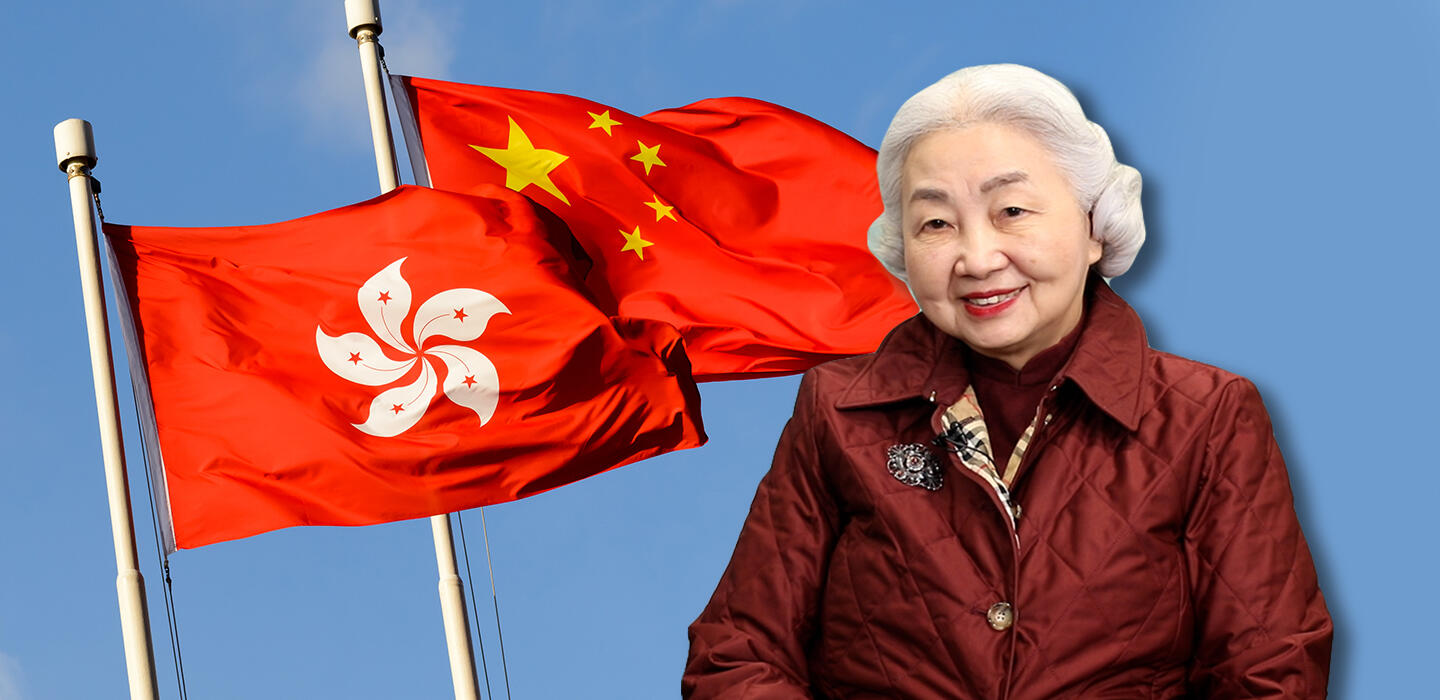
'One Country, Two Systems'
播放影片
The ’One Country, Two Systems‘ concept was proposed by Chinese leader Deng Xiaoping in 1982 for the purpose of the country’s peaceful unification. This system was first applied to solve the question of Hong Kong.
Hong Kong maintains its capitalist system
The ‘One Country, Two Systems’ concept guarantees to maintain the way of life unchanged. This creative concept guarantees that Hong Kong can enjoy different economic, political, cultural and social systems and ways of life, and prevent problems on unification. Mr. Deng also proposed “Hong Kong people governing Hong Kong” “High degree of autonomy” “Remain unchanged for 50 years”
Why 50 years? And what will happen after 2047? Mr. Deng believed that 50 years was the time span for two generations. “There will be no changes in my generation or in the next” when the country is developed in all respects. It will not handle the Hong Kong question in a narrow-minded manner, but that does not mean nothing can be changed before the Handover. It means the basic policies and principles of the Central Government towards Hong Kong will remain unchanged and, 50 years later, there will not be any need for changes. If there are any, these will not harm Hong Kong’s prosperity and stability.
‘One Country, Two Systems’ written into the Constitution
China practices the unitary system. All state power and its creation are with the central authorities to implement “One Country, Two Systems”. It was subject to approval and authorization from the National People’s Congress. The 5th session of the Fifth National People Congress adopted the fourth version of the Constitution in 1982. “The state may establish special administrative regions when necessary. The systems instituted in special administrative regions shall, in light of specific circumstances, be prescribed by laws enacted by the National People’s Congress.” Article 31 of the Constitution says the state may establish special administrative regions when necessary.
Hong Kong Enjoys a High Degree of Autonomy under ‘One Country, Two Systems’
Under the principle of ’One Country, Two Systems‘, the Hong Kong Special Administrative Region exercises a high degree of autonomy and enjoys executive, legislative, judicial power and power of final adjudication. Under the constitutional order formed by the Constitution and the Basic Law, Hong Kong continues to apply the previous legal system. Hong Kong is not obligated to bear costs for the garrison forces nor is it obligated to hand over revenues to the Central Government. Hong Kong also continues to practice the capitalist economic system. Continues to maintain its status as a free port. The Hong Kong dollar continues to be freely convertible. According to statistics for August 2019, when Hong Kong permanent residents make overseas trips, and if they are holders of the special administrative region passports, they will be entitled to visa-free or visa-on-arrival treatment in 166 countries and regions. ‘One Country, Two Systems’ is a vigorous system. The Central and the Special Administrative Region governments have been working to strengthen its advantages and vitality. In 2003, the mainland and Hong Kong signed the Closer Economic Partnership Arrangement (CEPA) to promote long-term economic and trade development. For example, the Belt and Road Initiative and the Greater Bay Area development strategy offer more opportunities for Hong Kong people to benefit from the mainland’s economic development. With the opening of the Hong Kong section of the Guangzhou-Shenzhen-Hong Kong High-speed Rail Link and the Hong Kong-Zhuhai-Macao Bridge, the bond between the mainland and Hong Kong is getting closer. When Hong Kong can accurately grasp ‘One Country, Two Systems’, it will be able to continue to reap benefits from ‘one country’ while leveraging the advantages of ‘two systems’.
相關影片
x
教學影片下載表
